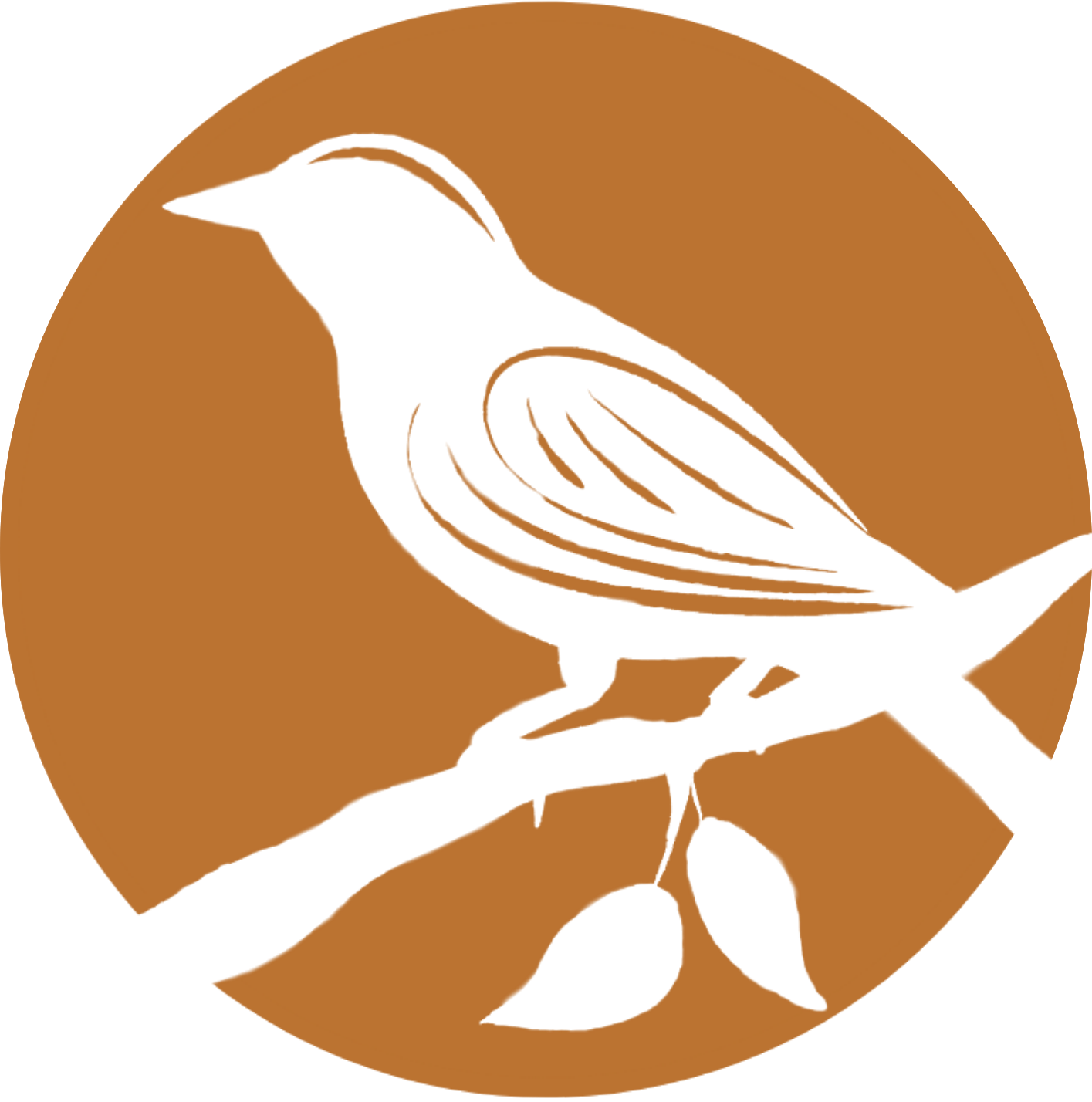What do you think when you hear that someone is on “Welfare”?
For most the word “Welfare” has become associated with shameful or unfavourable connotations. We may think of people in line ups for assistance, people who are poorly dressed or unkept. The more embittered may think of able bodied men and women who get to sit around watching T.V all day, while the rest of us are hard at work.
The fact that the word Welfare was changed to Social Assistance or Income Assistance is certainly a sign that it had some bad P.R. And the notion that many if not most of the people who are receiving monthly cheques are somehow abusing the system persists no matter what words are used. We’ve all heard of “so and so’s” friend or “so and so’s” relative who clearly is a drain on taxpayer’s hard earned dollars.
We put up with the system and still allow it to exist because we acknowledge that there are those who, due to life circumstances, are just not able to work. We know that there are heartbreaking stories that make Welfare or Social Assistance necessary. And so it lives on.
But we also want to makes sure that it is as unlikely as possible for someone to take advantage of the system. We want to make sure that those who are receiving this ‘free’ money are really the ones who cannot live without it. We want to make sure that checks and balances are in place and that rules are clearly laid out so that no abuses (of money) can take place.
As I’ve gotten to learn more about social assistance, I’ve been surprised at the number of rules that are in place. Some of them, quite limiting – especially the ones around income. You can find these regulations though the Government of New Brunswick’s policy manual http://www2.gnb.ca/content/gnb/en/departments/social_development/policy_manual.html,
I thought that a few things from this policy were worth highlighting:
1.Individuals can have a maximum of $1000 in the bank and families a maximum of $2000. If at any point there is more than this in the bank, they are no longer eligible for assistance. And upon death, any cash left over is to go to funeral expenses. You are allowed RESP’s for kids, but no other savings.
2. If you are self employed and have tools or equipment for work, you can keep them for the first 12 months you are off, but if you are still on assistance after 12 months, you have to sell your tools and the money you earn from them will be considered income. (Another reason why the Saint John Tool Library is a good idea).
3. You are not eligible for assistance if you have any type of employment, even if this employment is very sporadic and is not enough to live on. If you have been on assistance for 30 days or more you are allowed to keep a portion of your wages. A person living alone can keep up to $150 a month, while a person living with others is allowed to keep up to $200 a month. Any earnings above these amounts are directly taken off your assistance cheque.
5. If you are an individual on assistance you will receive about $576 a month. A family receives anywhere from $887 for one adult and a child to $1508 for a family of 13. Two adults without children receive $903, and a dual parent family with one child receives $938. Considering that room rentals average around $400 a month and 2 bedroom apartments are generally around $750, this does not leave much to live on. Housing assistance is available but there currently is a very long waiting list. I was recently speaking with someone who was wondering if she would have enough money to put seeds in a bird feeder.
We may think that once you get on income assistance (or welfare), that you are able to access the very basic necessities of life. But what about getting off of income assistance? What about saving for a rainy day? What about keeping your family unit together? What about getting back into the workforce? Please consider what it would be like for you and your family to live under the same rules? Would you be able to get by every month? And those who read this who are on assistance, what do you think needs to change?
By Jasmine Chandra – who is offering more questions than solutions today…
